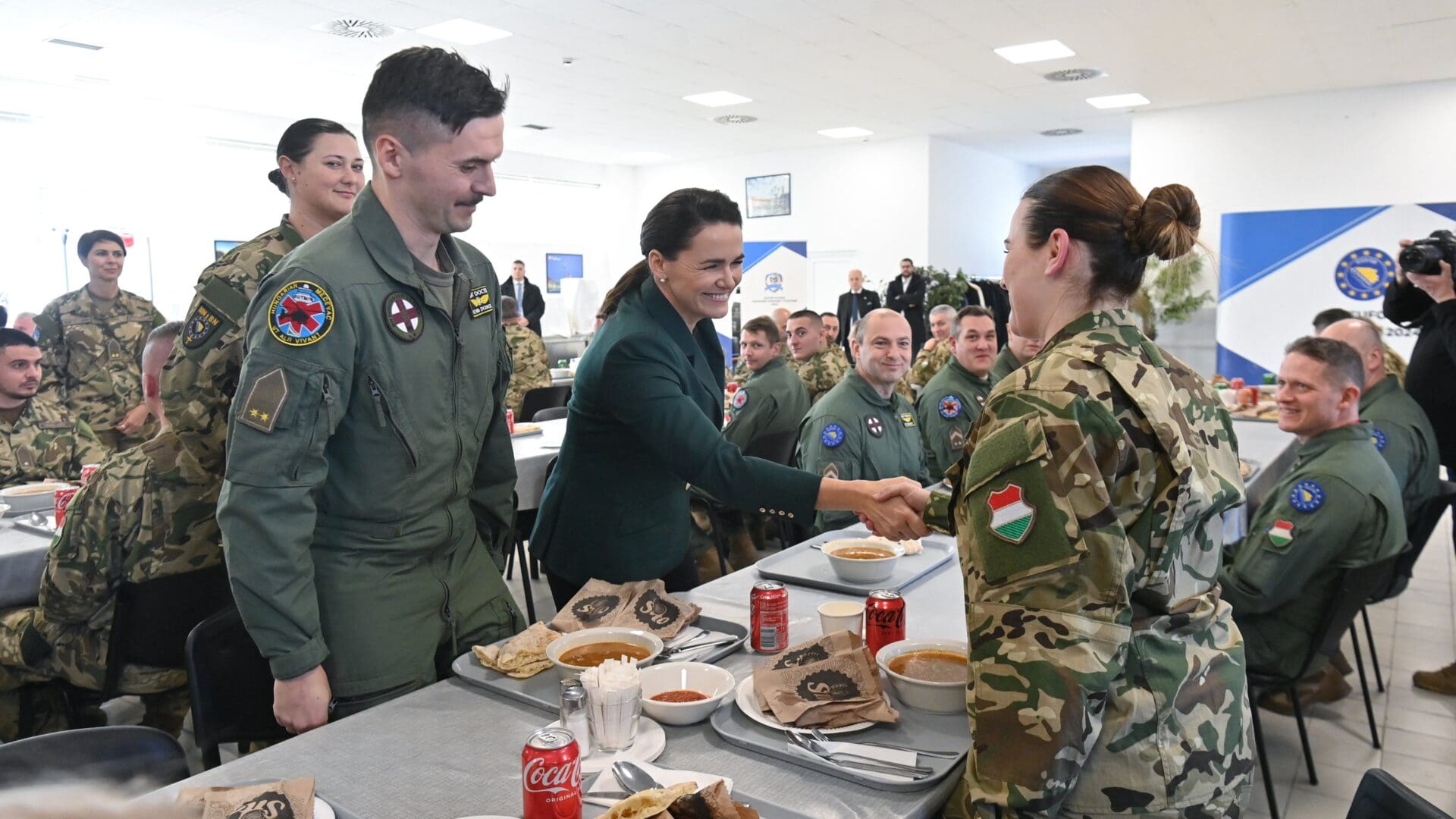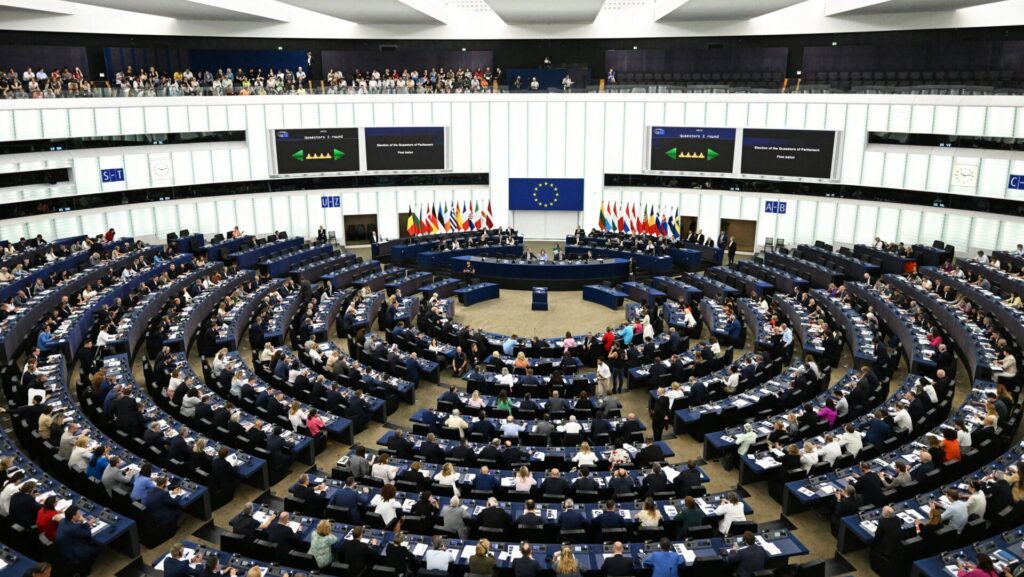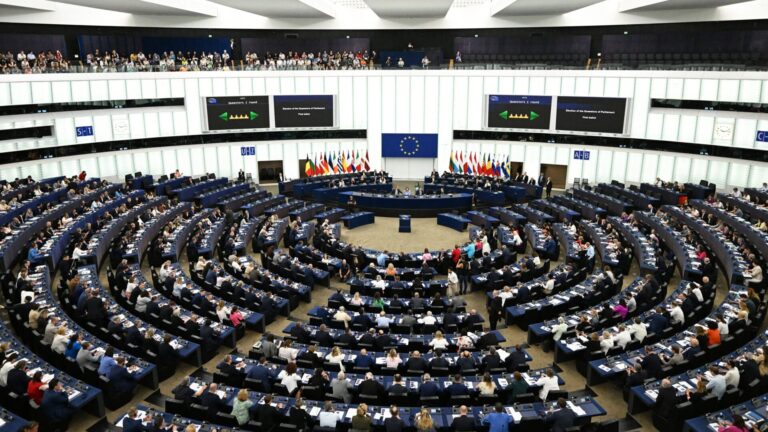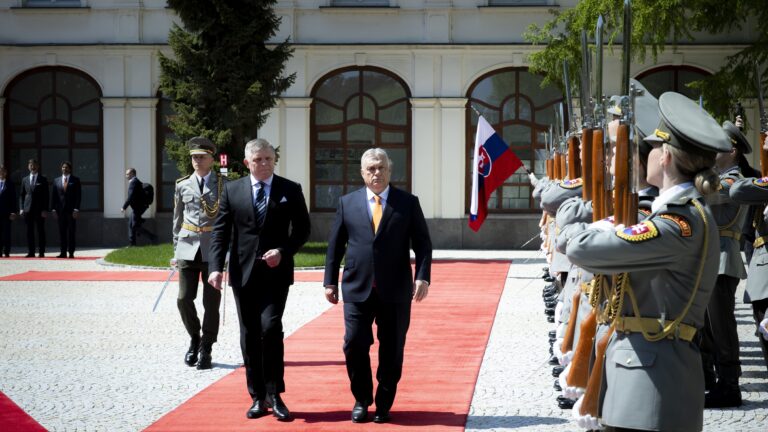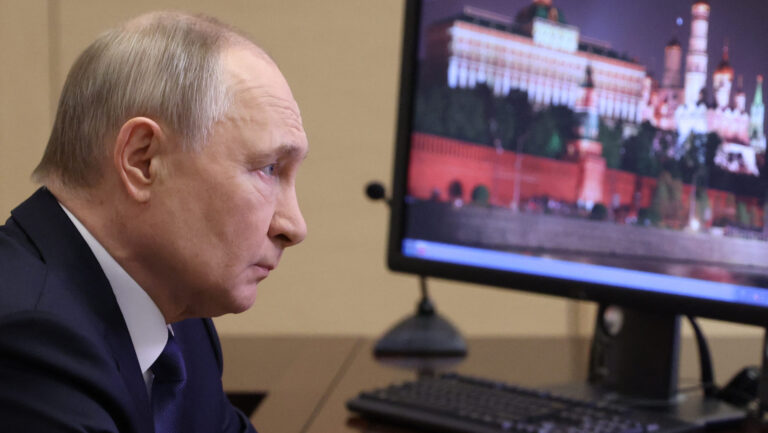President Katalin Novák visited Sarajevo, Bosnia and Herzegovina on Tuesday, 30 January. The Hungarian head of state had talks with members of the Presidency of Bosnia and Herzegovina, then with Chairwoman of the Bosnian Council of Ministers Borjana Krišto.
One of the main agenda points of these meetings was Bosnia’s potential accession to the EU,
for which President Novák shared her and her country’s decisive support. According to MTI, she told her audience that the EU is currently suffering from ‘expansion fatigue’. Despite that, however, countries of the West Balkan region should take advantage of the opportunities provided by the recently started membership negotiations with Ukraine, Moldova, and Georgia. Hungary’s upcoming presidency of the EU Council, the President continued, can be used to speed up the EU integration process of the region.
Among other engagements, Novák also met with Bosnian women leaders, and visited the site of the 1914 assassination of Archduke Franz Ferdinand.
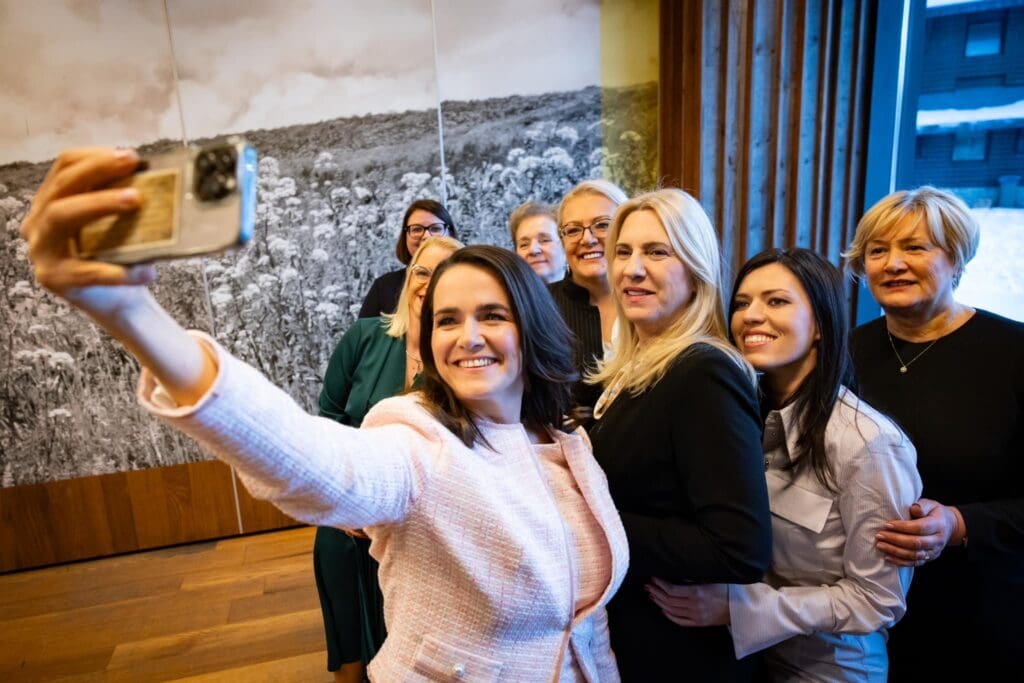
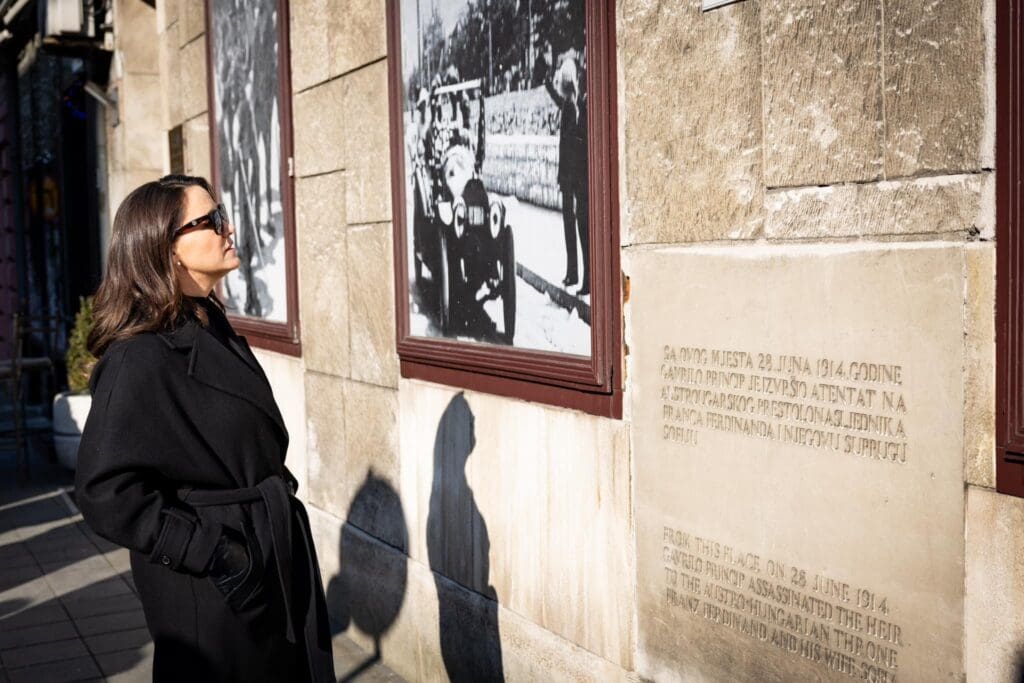
President Novák, who as President of the Republic is the commander-in-chief of the Hungarian Defence Forces, also lauded the sacrifices made by the Hungarian servicemen currently deployed in Bosnia as part of the European Union Force Bosnia and Herzegovina’s (EUFOR) Operation Althea. The NATO mission in the Balkan country has been ongoing since 2004, and its goal is to oversee the implementation of the Dayton agreement that ended the Yugoslav wars in 1995. Currently, it is commanded by Major General László Stitz. President Novák expressed her pride in having a fellow Hungarian being in charge of such an important military operation, and in the excellent work he is doing in command. She also placed a commemorative wreath on the monument dedicated to fallen soldiers.
Minister of Defence Kristóf Szalay-Bobrovniczky was also present at the event, and he too praised the work of General Stitz.
The members of the Presidency of Bosnia and Herzegovina told the Hungarian President that they are closely following the family support policies put in place by the Hungarian government, and are very impressed with the results. President Novák stressed that ‘a country has no future if no children are born;’ and that Hungary is happy to share its experience in incentivizing childbirth with the Bosnian leadership.
She also spoke on cultural issues, and highlighted the opportunities provided by the Stipendium Hungaricum programme which offers scholarships to talented and high-achieving international students. The President noted that the programme is also a great tool for facilitating closer Bosnian–Hungarian cultural relations.
Related articles:

